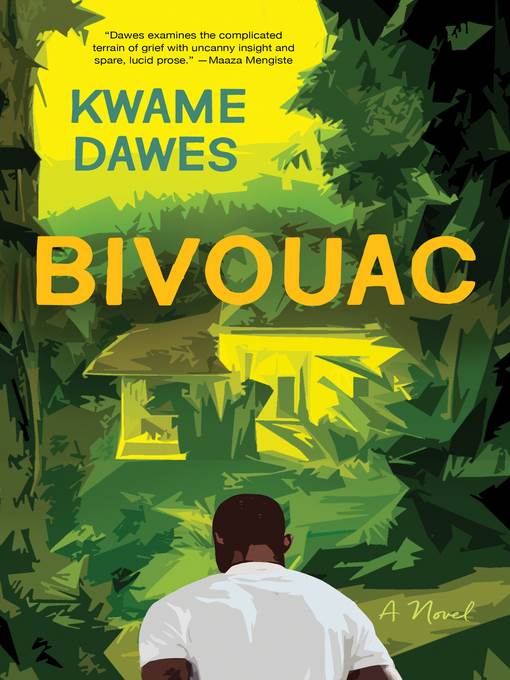
Bivouac
کتاب های مرتبط
- اطلاعات
- نقد و بررسی
- دیدگاه کاربران
نقد و بررسی

February 15, 2019
An examination of grief and politics in a deftly written novel set in 1980s Jamaica. Periodically throughout this slim novel, George Ferron Morgan recalls with jaded wit the indignities of being a ghost editorial writer at a second-rate newspaper, working with hacks. The political climate which once leaned left has taken a hard right, instilling a general complacency among the politically disengaged and fueling George's paranoia as he wonders what punishment will be meted out for his earlier well-known radical activism. Overshadowing his cynicism is his undignified and suspicious death. As if that weren't enough, his son, Ferron, tortured by grief, annoyance, or his chronic dyspepsia--it's hard to tell which--is given the task of transporting his father's body home in the back seat of his Volvo. George's voice, in sections called "Unpublished notes of George Ferron Morgan," appears between the Ferron-driven chapters in which Ferron, his family, and his father's friends mourn George and debate the circumstances of his death. The book gets bogged down with Ferron's dalliances with a trio of women inexplicably willing to put up with his sudden disappearances, dishonesty, and guilt. While the backdrop of Jamaica's political climate is presumably meant to lend breadth, it is uncomfortably compact, making the novel read like an overlong short story or an underdeveloped historical novel. What rescues the book is Dawes' poetic ear, as when George recalls his days at Jamaica College with sensory acuity: "I remember...the sense of cold water, which was partly smell and partly touch...the smell of games: linseed oil on cricket bats and the chalky smell of composition balls and then later the smell of leather balls." A bold surprise occurs late in the book as it switches from prose to a near play-script format, when Ferron returns to an old family home, imagining an encounter with his old man as he sinks into the full spectrum of grief and contemplates ancestral lives passed.If Dawes had followed the conventions of the historical novel, it might have made his book more accessible, but it should be read if only to savor the author's astonishing prose.
COPYRIGHT(2019) Kirkus Reviews, ALL RIGHTS RESERVED.

February 1, 2019
During the political upheaval of 1980s Jamaica, a son discovers his father's legacy and downfall after his death. When his father, George, dies, Ferron is left with many questions. Was his death a result of medical negligence, or was he assassinated for his political beliefs? A radical, George had lost his way as the conservative right ascended to power, yet he was still seen as a danger. Ferron wants to find the truth but has lost his own way after witnessing the rape of his fianc�e, which he could not prevent. His only response, as always, is to run from his guilt, and he ends up in the arms of another woman, who forces him to confront his issues. Diary-entry-like comments by George are interspersed throughout, but the majority of the novel is introspective, focusing on Ferron and his own inner dialogue. With meandering prose and dreamlike sequences, this is best suited for readers who enjoy character studies as well as lovers of Jamaican fiction.(Reprinted with permission of Booklist, copyright 2019, American Library Association.)

























دیدگاه کاربران